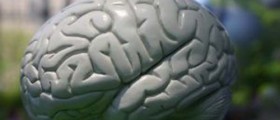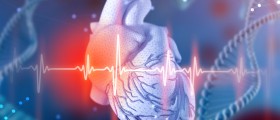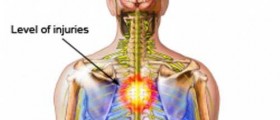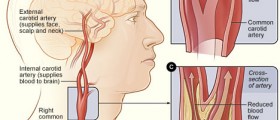
Cerebrovascular Disease
Cerebrovascular disease is actually a group of illnesses that affects blood vessels of the brain and interferes in blood supply of the brain. Transitory ischemic attack as well as a stroke are only two diseases that are classified as cerebrovascular disease.
Symptoms of Cerebrovascular Disease
The symptoms most commonly vary in patients due to the cause. Still insufficient supply of the brain with blood leads to more specific symptoms that may be mutual to many patients. Patients may complain about weakness and impossibility to stand straight. There are also mental changes including confusion and forgetfulness. Changes in speech may occur as well.
Depression is not a symptom of the disease but it can develop in some patients. Mood changes are also possible. Symptoms also depend on the damage and in severe stroke one may lose ability to speak or in worst cases partial or total paralysis of one side of the body may occur. In people who already suffer from certain symptoms of the disease it is inevitable that the symptoms will worsen in time.
Causes of Cerebrovascular Disease
This disease basically affects elderly people. They are prone to atherosclerosis which is actually the leading cause of improper blood supply to all tissues and organs in the body. Still some cerebrovascular diseases may also affect younger people.
The problem about cerebrovascular disease is that the brain is most susceptible organ to lack of oxygen. If left without oxygen for only 10 minutes the damage of the affected tissue becomes irreversible. Unfortunately, brain cells cannot regenerate and once the cells have been damaged there is no chance they will be replaced with new ones.
Diagnosis of Cerebrovascular Disease
The doctor can assume a patient is suffering from cerebrovascular disease if he/ she has already been diagnosed with atherosclerosis. This process most commonly affects the entire body including the brain blood vessels.
Still most of the patients do not know they are suffering from cerebrovascular disease. They may even experience slight stroke without noticing it. The best way to confirm or rule out cerebrovascular disease is to perform MRI or better MR angiography of the head.
Risks and Treatment for Cerebrovascular Disease
Predisposing factors and risks for cerebrovascular diseases include elevated blood pressure, smoking, diabetes mellitus, high cholesterol level, heart conditions, and chronic alcohol abuse.
Unfortunately, there is no treatment which can fix the damage caused by improper blood supply. But the disease can be successfully prevented, especially in people with increased risk for cerebrovascular disease. All the underlying conditions and predisposing factors should be brought under control.





-Disease-Cause-A-Stroke_f_280x120.jpg)











Your thoughts on this
Loading...